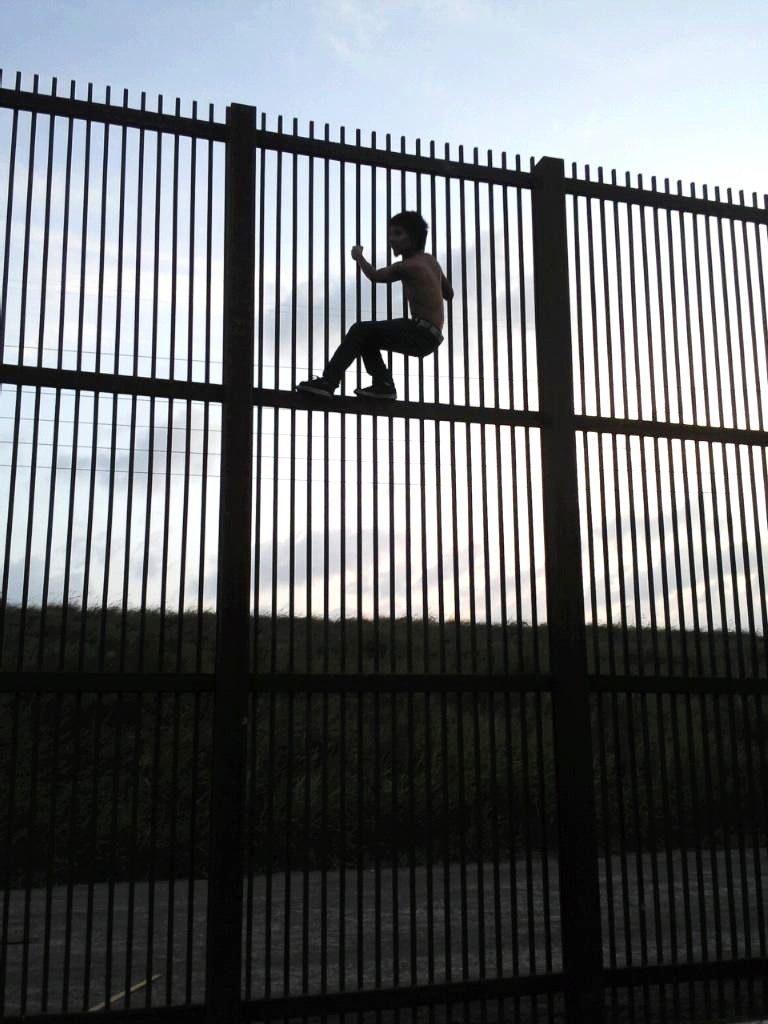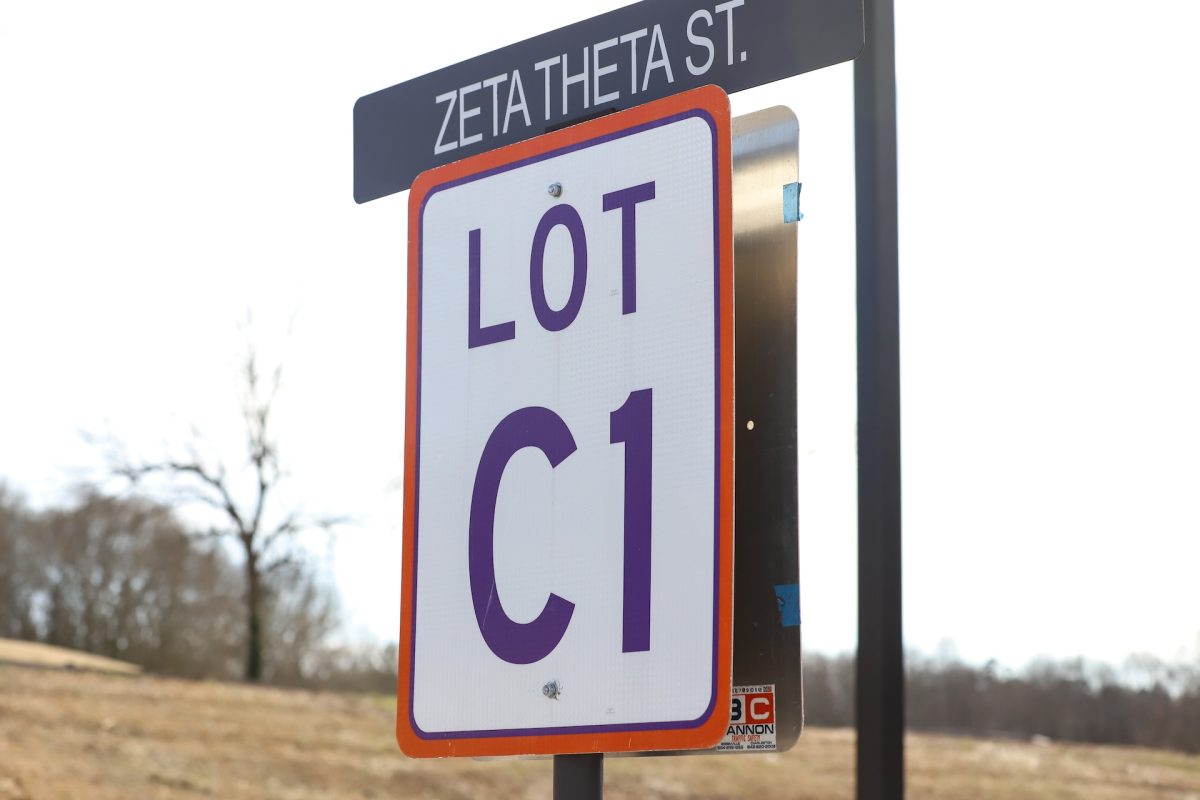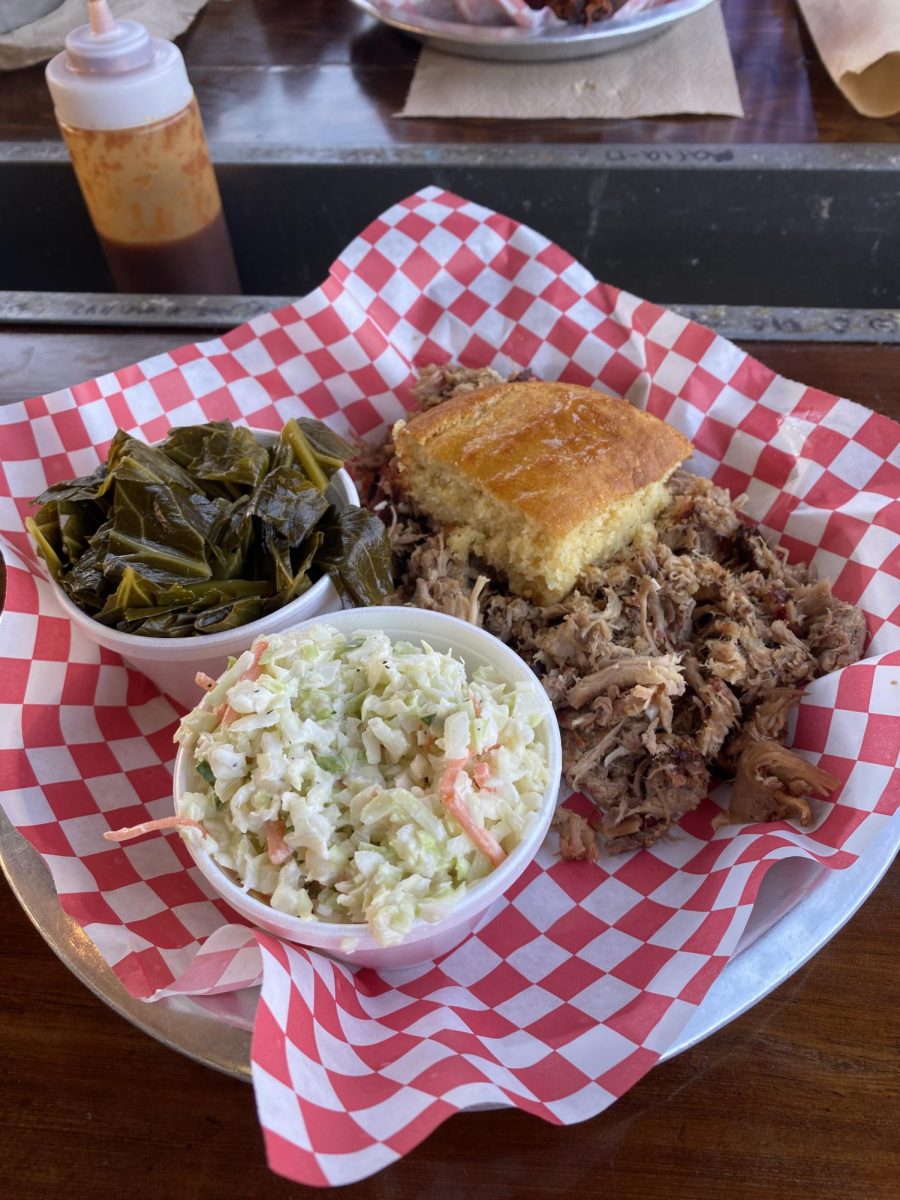The attacks in Brussels remind us of one simple, inescapable fact: fear, more than love, can motivate people to do horrible things.
I have no doubt that the killers in Brussels, much like the killers in Paris and those in countless other terrorist incidents connected to either ISIS or Al-Qaeda, knew this well. They knew that the West, and America in particular, would see this as an assault upon all that we hold sacred. They want us to be scared, and to react to that fear with measures that validate their stated belief that the West is conspiring to “crush” Islam.
If we build Donald Trump’s fabled wall, the terrorists win. It’s as simple as that.
What’s scary isn’t that this fact is self-evident; what’s scary is how many people, made aware of this irony, nonetheless rally to the notion of Trump or anyone else as a “strong leader” who will protect us from the Big Bad (Brown-Skinned) Guy. Politics works best when fear is utilized to motivate the electorate, and business has been a-booming.
We see the world as a sort of either/or proposal, when actually there are almost always nuances. The United States and the Soviet Union squared off against one another for almost fifty years (between Hiroshima-and-Nagasaki and the fall of Communism) armed to the teeth with nuclear arms, with the real consequences of what an atomic strike would mean for the world keeping each from hitting that trigger. Now we’re the only one left standing, and it’s incredibly easy and satisfying to say “bomb [the terrorists] back to the Stone Age.”
That’s what the terrorists want; it legitimizes their belief that we hate Muslims and want to eradicate them. It is the fuel to their fire, and we’re suckers for falling for it. Do we need to stand up to the terrorists and hunt them down like the dogs that they are? Absolutely. But we would be able to fight the endless “War on Terror” more effectively if we create allies in the region, among the people. In Vietnam, there was talk of winning the “hearts and minds” of the South Vietnamese people, and while it certainly didn’t work in that instance, it might be a policy worth considering now if approached with less cynicism than the architects of that war had. But it’s hard to do that when the frontrunner in the presidential race is calling for “temporary” bans on all Muslim refugees. How “temporary” would these bans be if we’re too scared to even let in the ones who are being massacred by terrorist thugs?
The world is a scary place, and how we respond to that determines what kind of people we will be. I’m sure that Trump’s fans are embracing the notion, right now, that Brussels “proves” Trump right in his assertion that we need walls and borders between us and the rest of the world. But I’m an English major, and I’ve read stories (like Poe’s “The Masque of the Red Death”) about how ineffective walls can be. Hell, I’m old enough to remember when the Berlin Wall came down; it was in place for almost thirty years, and countless people tried to scale it or seek freedom through the checkpoints to the West.
Eventually it crumbled under the weight of the German people’s desire to unite their country once more. Walls seem like a good idea, and it could be that we do indeed need a wall of some sort, to keep out the “bad people.” But walls also signal something else to the rest of the world: our weakness to the fears that motivate the wall’s erection in the first place. Walls mean that we look out not from a position of strength, but from a position of fear and hatred. When we build walls, or “temporarily” ban
people from coming in, we say to the world that we’re gutless cowards, afraid of our own shadow.
Tell me again how in the hell that makes America great again …









